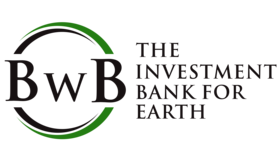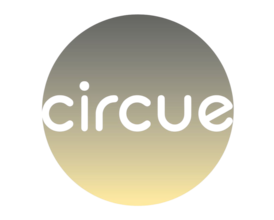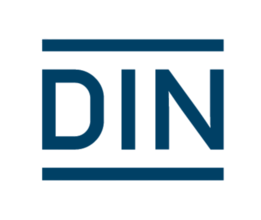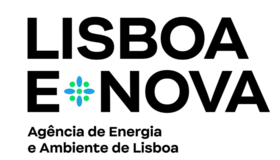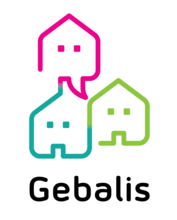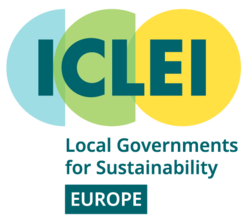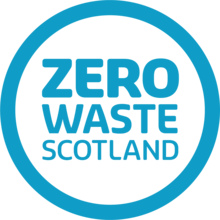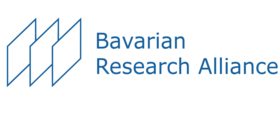
Bavarian Research Alliance
Solely excellent research can generate the necessary innovative capacity for universities and enterprises and other stakeholders to persist in global competition. The Bavarian Research Alliance (BayFOR) provides support to European and international consortia within EU fundraising. The focus is on the EU’s current Framework Programme for Research and Innovation, Horizon Europe. BayFOR provides project management to consortia with Bavarian coordinators on a regular basis. BayFOR is set up as a private non-profit organization with its headquarters in Munich and additionally offices in Nuremberg and Brussels.
